
Date: 18 April 2023
By Jarno Hartikainen | Sparklike Oy - Buildings cover around 40% of the energy consumption in the world which makes it crucial part for creating a more sustainable environment. There are many factors impacting energy efficiency of building, however, it is widely known that windows cover around 40% of the energy loss of buildings. Therefore, it is important for construction companies to consider what windows they purchase and for window manufacturers to care about the products they sell since it plays a significant role in energy efficiency. When everyone does their part in the chain, energy efficiency can be enhanced.
Insulating glass units impact thermal performance of windows
One option to achieve energy efficiency is choosing insulating glass units (IGUs) as they perform well in thermal control – but only if filled correctly. Impacting the heat flow or loss is important because one third of the primary energy in the buildings goes to heating and cooling. Choosing the right windows is therefore also a cost saving action.
IGUs are made by sandwiching a layer of insulating material, typically air or gas, between two or more layers of glass. This structure helps to reduce the transfer of heat between the inside and outside of a building, which can result in energy savings and improved thermal comfort.
As told previously, gas fill plays a significant role in insulting performance of IGUs, and it can be enhanced by using noble gases and optimizing the cavity size. This performance is expressed with U-value in which lower value means better performance. Therefore, measuring the gas concentration of insulating glasses has become more important than ever as it contributes to the energy efficiency of the insulating glass.

Low emissivity coatings combined with gas filled IGUs improve energy efficiency
Different coatings are impactful manner to improve energy efficiency from which the low emissivity (Low-E) coatings are made for this purpose. Low-E glass is coated with a thin layer of metal or metal oxide that reflects infrared radiation, which is a major contributor to heat loss. This allows the glass to block heat from escaping a building while still allowing visible light to pass through.
By combining low-E coatings with IGUs, window manufacturers can create a high-performance glazing system that offers both thermal insulation and solar control. This can help to reduce heating and cooling loads, improve indoor comfort, and lower energy bills. As an example, with a low-E IGU of 90 % argon gas-fill, the window’s insulating value can be improved by up to 16 % compared to air-filled. The improvement for krypton-filled can up to 27 %.
Monitoring the performance of IGUs overtime
We at Sparklike want to highlight the importance and benefits for measuring gas concentration of IGUs and its connection to sustainability. Monitoring the gas concentration inside a unit can be made by installing a sensor inside the cavity in manufacturing phase. However, an easier method is a non-destructive testing that allows measuring without breaking the glass [blog: why break the igu if you don’t have to]. With Sparklike Laser devices the measurements can be done on double and triple glazed IGUs with coating or laminations. Repeating the measurement on the installed window units is necessary to see if the IGUs are leaking which affects negatively to energy efficiency. This is possible with Sparklike Laser Portable which can be used in-situ.
Additionally, why one should care about the gas concentration are country-specific regulations and standards. To ensure that the product is what promised, and it fulfills standards, adding the monitoring of gas concentration to the process is important. With measuring insulating gas concentration one can also receive cost savings and equipment/purchase process reliability in addition to the improved environmental performance.
Overall, the use of low-E coatings and insulating glass units together is a common strategy for achieving energy efficiency in modern building design. Taking care that the IG units are made according to standards and maintaining the windows good condition overtime, seals the whole process of energy efficiency of buildings.
CONTACT SPARKLIKE TO TALK ABOUT YOUR IGU MEASUREMENT NEEDS
References used:
https://glassforeurope.com/wp-content/uploads/2020/01/flat-glass-climate-neutral-europe.pdf
https://glassed.vitroglazings.com/topics/pro-cons-of-gas-filled-insulating-glass-units
https://www.windowanddoor.com/article/gas-fill-101-gas-fill-options-igus
 600450
600450


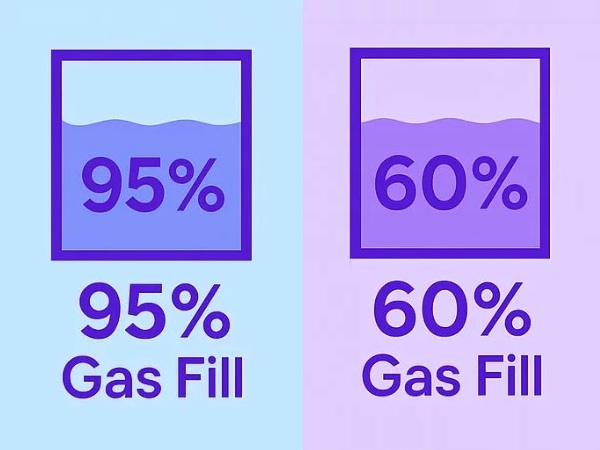



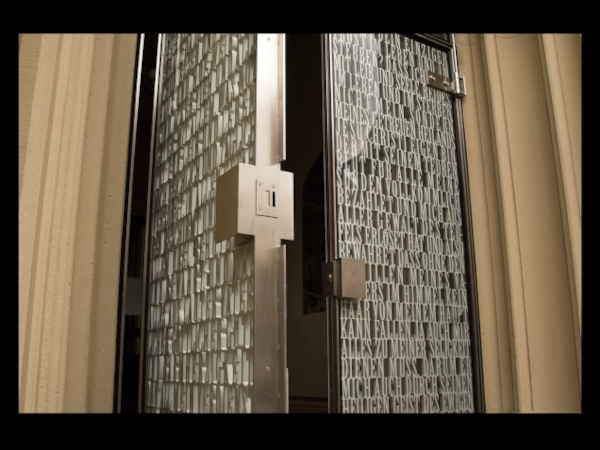













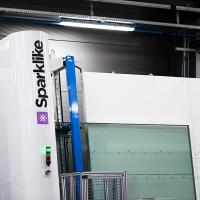

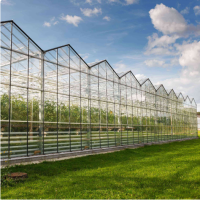
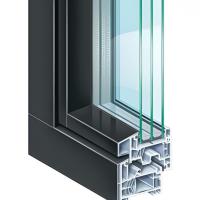
Add new comment